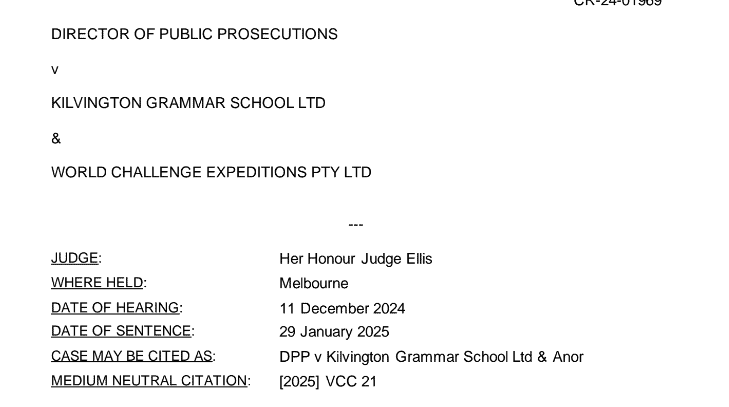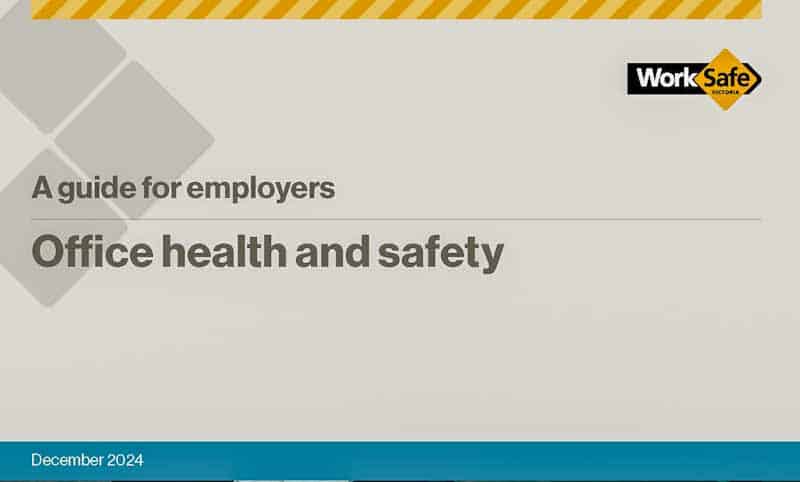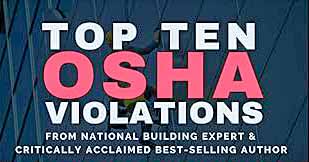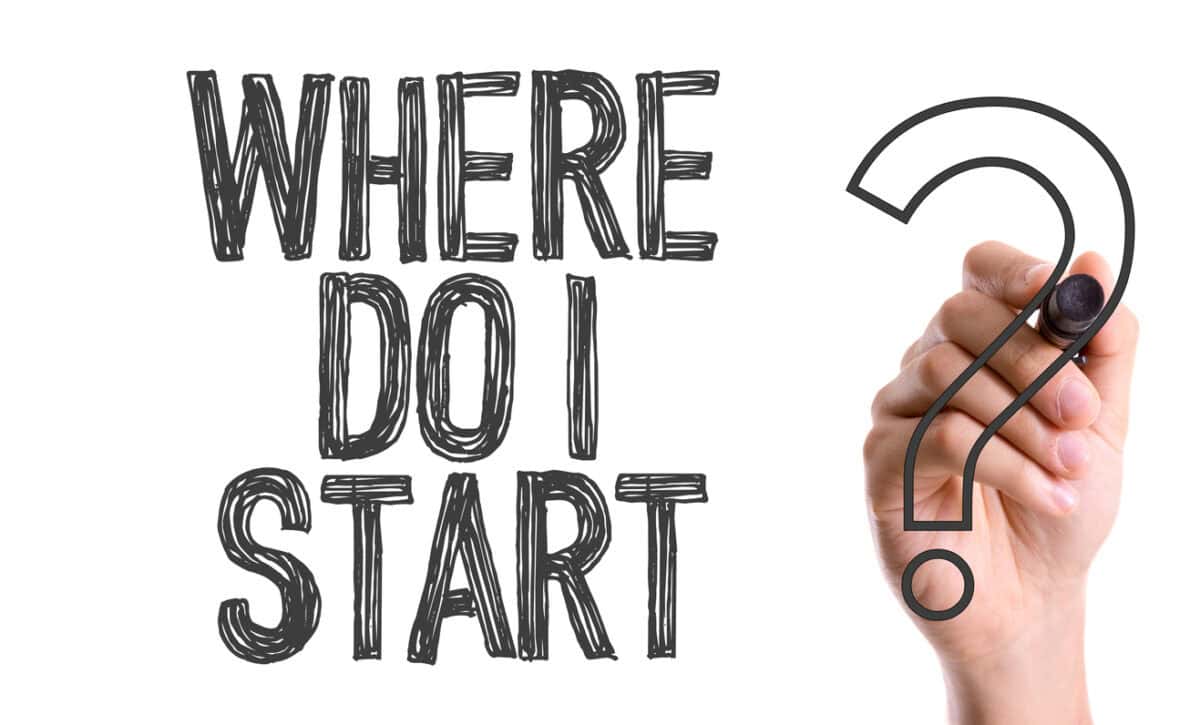2025 has started with a flurry of blog activity and more than a flurry of political change in the United States. It is easy to become distracted by those changes, but a refocus on local issues, new thoughts, perspectives, and new books may generate a balance of sanity. Here is a taste of one book that I have not had time to read entirely but that has potential.
Author: Kevin Jones
Is this another case of minimal deterrence?
In January 2025, Kilvington Grammar was fined over $100,000 for breaches of occupational health and safety (OHS) laws related to the death of one of its students, 16-year-old diabetic Lachlan Cook, who was on an overseas school trip. The best source of publicly available reports on this case appears to be the Australian Broadcasting Corporation. This article does not discuss the incident but focuses on the sentencing decisions and their relevance to OHS.
Handy and organisational culture
Charles Handy died in December 2024. He was a prominent author on organisational behaviour and business management and was recognised as a major thinker. It is fair to describe him as a pre-Internet influencer. His ideas never went away, but they faded under the neoliberal onslaught. With the decline of that ideology, Handy’s approach to organisational culture deserves a reread.
Continue reading “Handy and organisational culture”The most recent guidance on office safety, including psych safety and working from home
In December 2024, WorkSafe Victoria released “Office Health and Safety – A Guide for Employers“. Sadly, it seems to have (half) dumped the Officewise brand. If WorkSafe had kept it, the guide would have been part of an illustrious history stretching to the last century when the first edition was published in 1995. The new guide has some interesting advice on occupational health and safety (OHS) issues related to working from home, but workplace mental health seems more prominent than in earlier editions.
A cheap introduction to regulatory risks
There is a curious set of self-published safety-related books by Lance Luke. They seem to feature on Amazon, so I purchased one to satisfy my curiosity. “Top Ten OSHA Violations” is a thin, low-cost book that is little more than one may see in an occupational health and safety (OHS) convention – snappy, click-bait title, minimal explanation and several case studies. This is not a book regarding any evidence beyond the extensive lived experience of the author. So what are the top 10?
Continue reading “A cheap introduction to regulatory risks”Lessons on management of heat from the Australian Tennis Open
One of the best articles about managing heat exposure at work is by Madi Chwasta of the Australian Broadcasting Corporation, who wrote about the Australian Open tennis tournament.
Tennis is usually played outdoors in summer, at least in Australia. The Australian Tennis Open, held in Melbourne, was heavily promoted and had a high public attendance rate. Some tennis matches are conducted in facilities with retractable roofs, but many others are held on outdoor courts with limited shade and no air conditioning.
OHS advice for new businesses
It is legitimate to not know something, but choosing not to know something is inappropriate, especially about something you are meant to be knowledgeable about, like occupational health and safety (OHS). Governments rarely provide sufficient information about people’s OHS obligations when creating and building a business. Preloading a person with OHS information should reduce the likelihood of an “I didn’t know” excuse when (if?) a workplace incident occurs.
A UK labour law firm, Lewis Silkin, recently published its latest “Compliance requirements for new employers in Great Britain”, which may close the OHS knowledge gap.







